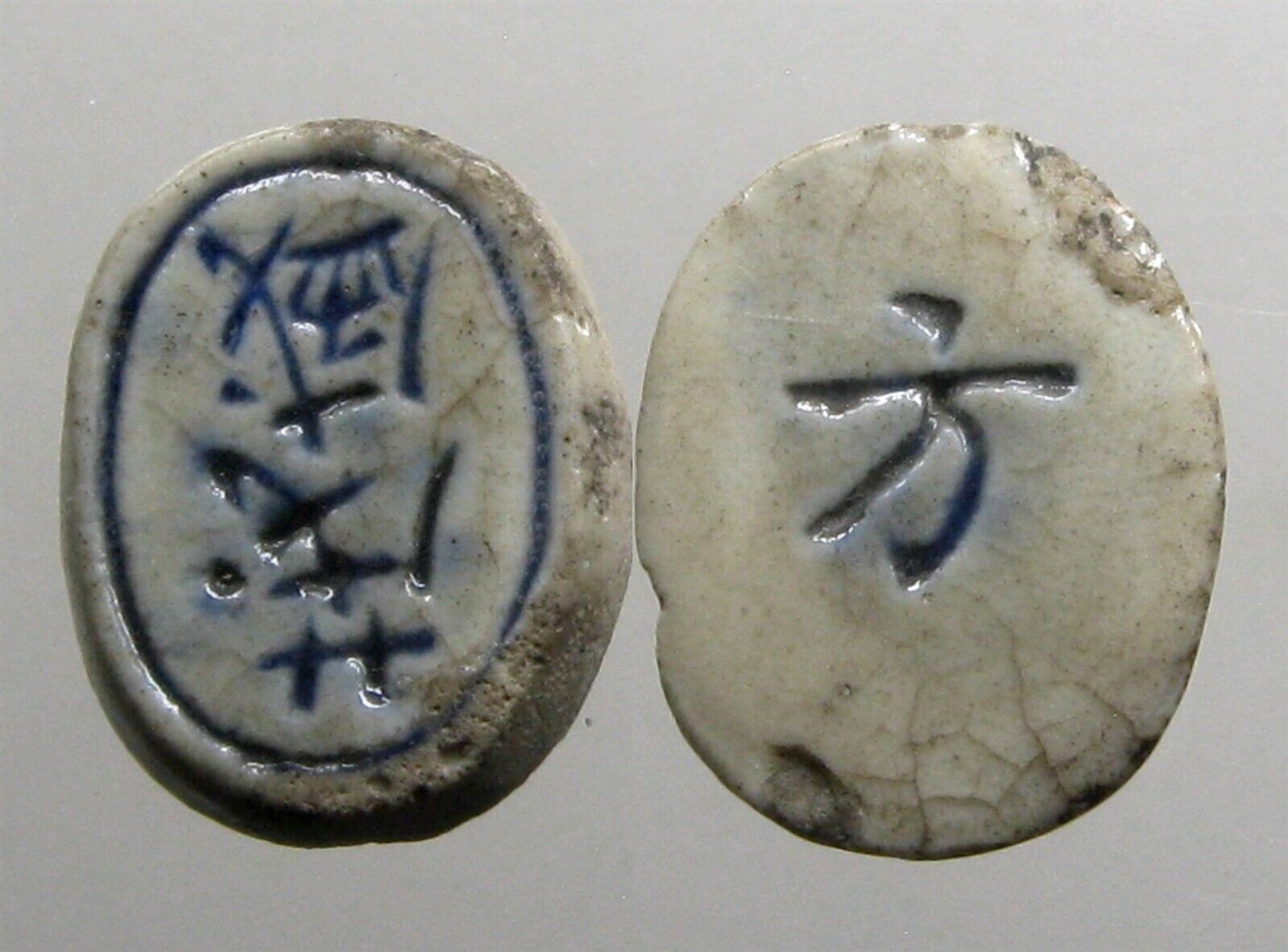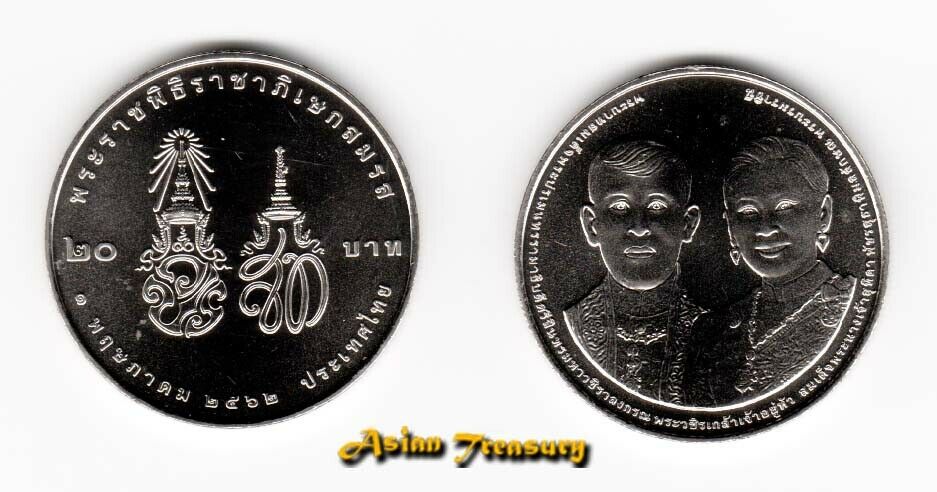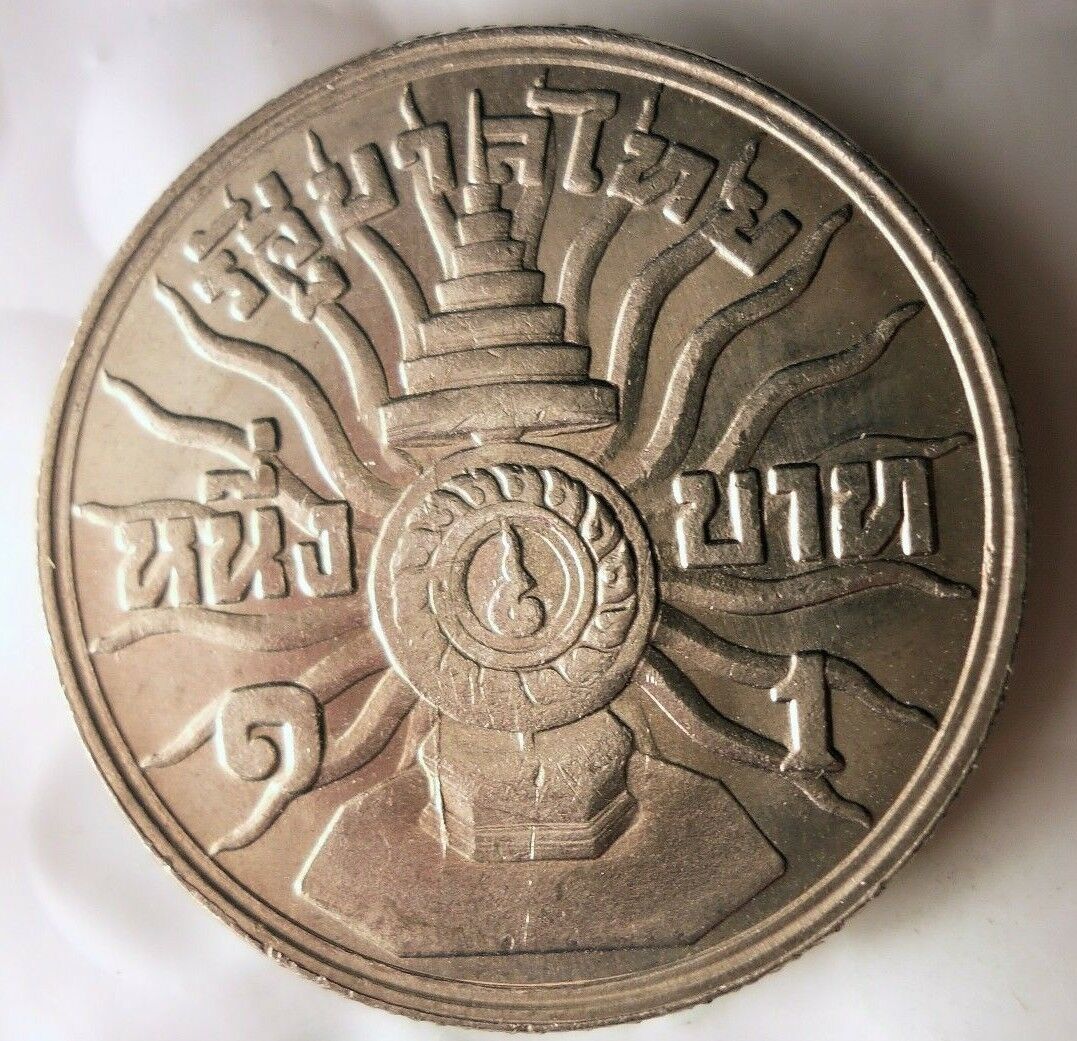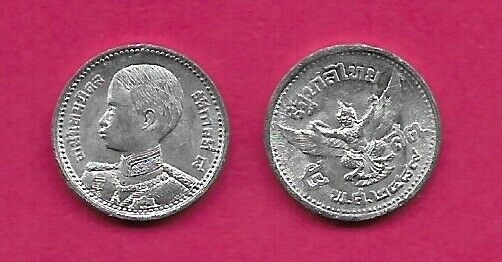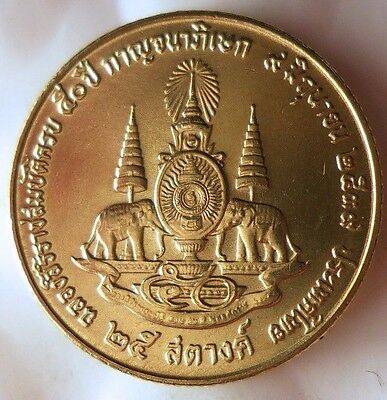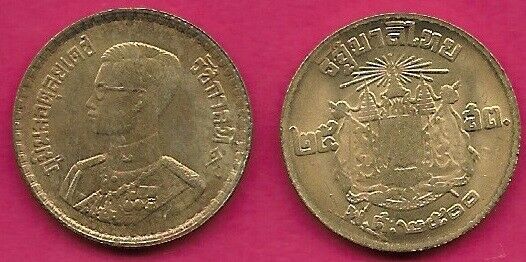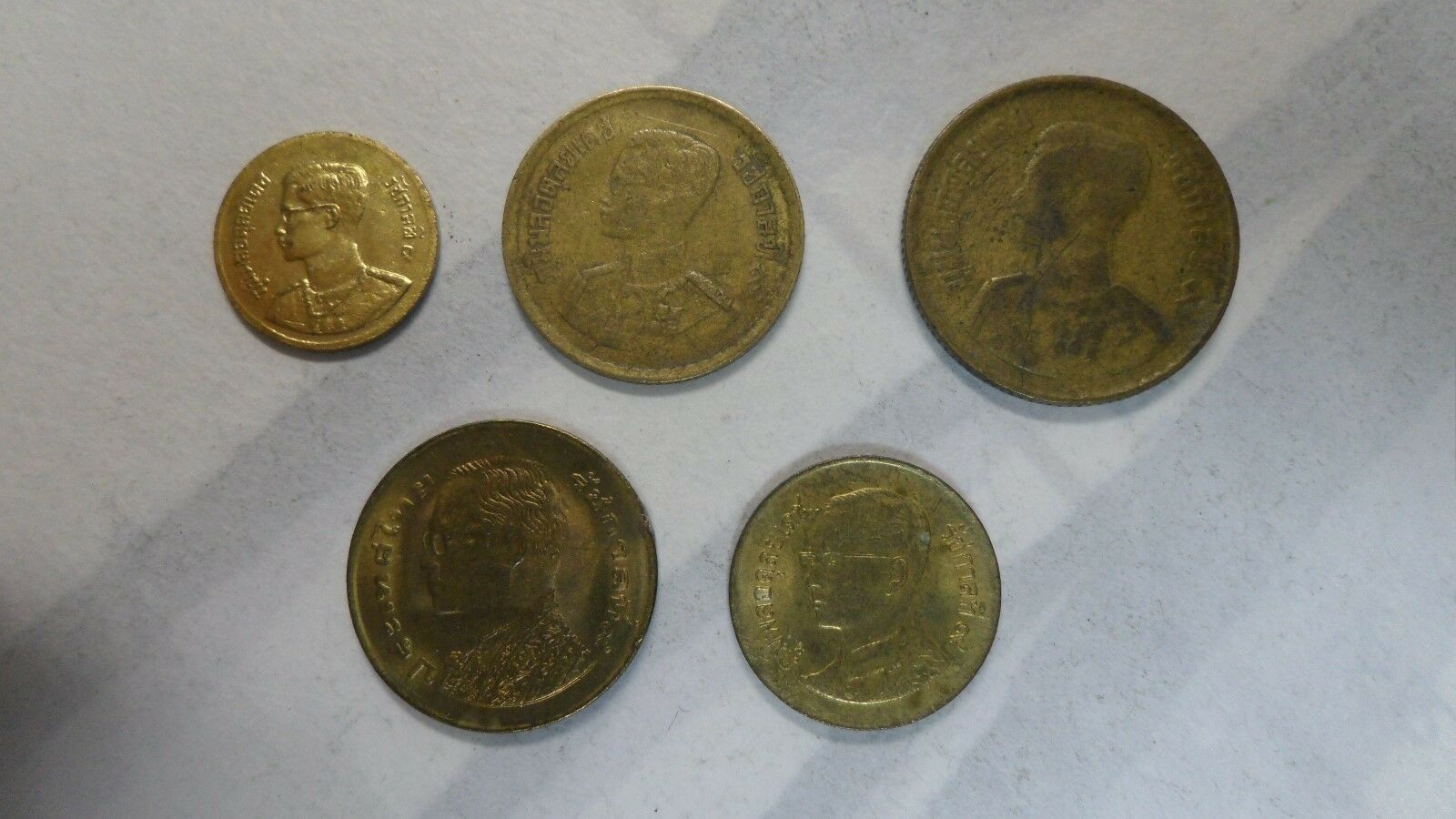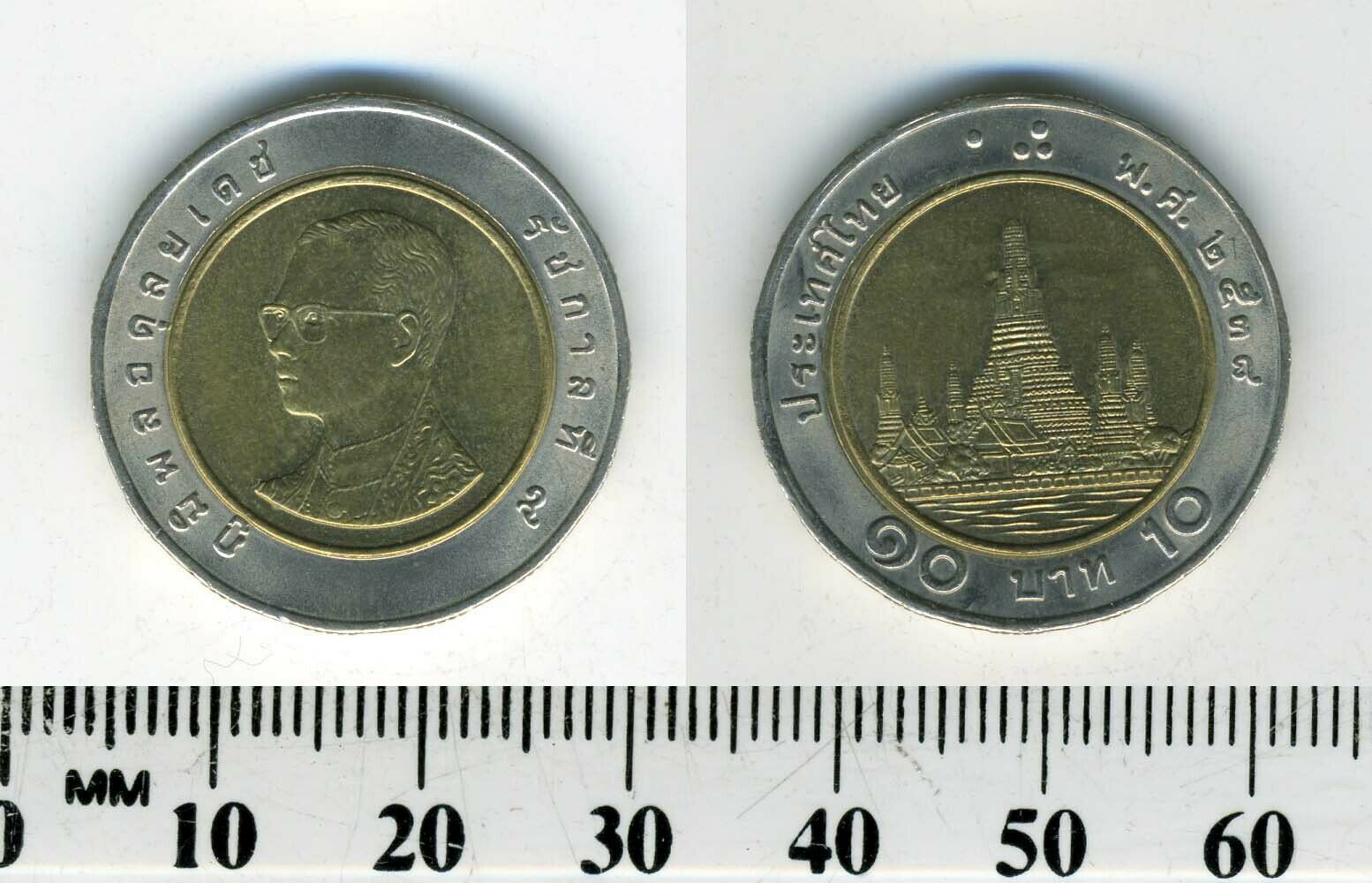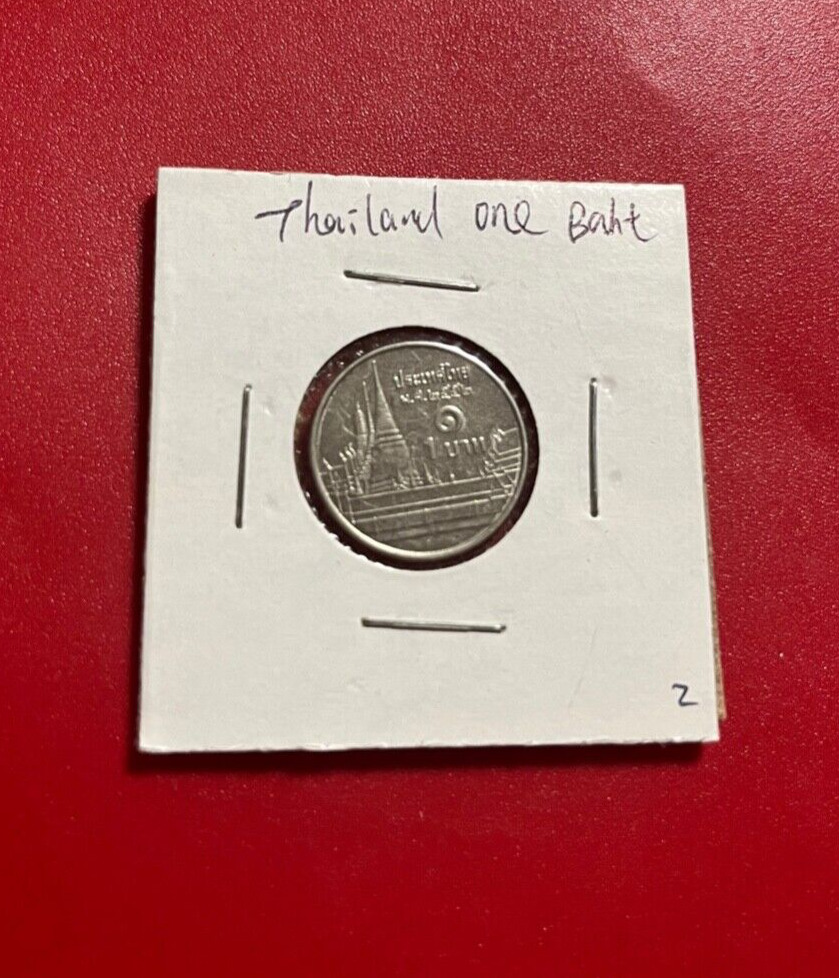-40%
EARLY 1800's PORCELAIN GAMBLING TOKEN____Thailand, Siam-Chinese____LEGAL TENDER
$ 0.52
- Description
- Size Guide
Description
17E206FRASCATIUS ANCIENTS
A BEAUTIFUL THICK PORCELAIN GAMBLING TOKEN OF THAILAND, SIAM-CHINA FROM THE EARLY 1800'S AD .
These porcelain token bore Chinese inscriptions naming the issuing house or wishing the users good fortune and pictorial designs mostly of Chinese origin.
For a number of years, locals used these tokens as legal tender.
THE SIZE IS 21.0 MM AND 1.89 GRAMS.
OBVERSE – Imprinted Chinese script
REVERSE – Imprinted Chinese script
Times of emergency such as war, recession, or other economic crises, often result in shortages of metal. Occasionally, this has led to the use of non-metal materials for coins and tokens. One of the most interesting materials used in lieu of precious metal was porcelain.
The most famous instance of porcelain coins are the gambling tokens of 18th and 19th century Siam. They were made in China (hence the use of Chinese characters on the coins) for use in private gambling establishments in Siam. However, the locals began to use the tokens as legal tender.
These porcelain tokens were issued in Chinese-owned gambling houses (also known as hong) between the mid-18th and mid-19th centuries, and circulated locally as token currency as far as the issuer's authority was trusted.
In the early 19th century Chinese gambling houses in Bangkok produced porcelain tokens for use as gambling counters. They would exchange them on demand for silver, and changed the designs frequently in order to pre-empt forgeries. At the time there was a shortage of silver for coinage, and the porcelain tokens soon became a popular form of small change in the city.
Why porcelain? - Siam had no real porcelain manufacturing industry existing at that time, and therefore gambling houses felt safe that the local people could not produce counterfeits. That is why the porcelain tokens were imported from China.
The control of these tokens by the Siamese government became more and more difficult, and at last in 1871, it became necessary to prohibit and stop completely all circulation of these counters. However, the circulation of these tokens continued long after their prohibition. After the turn of the century, gambling was prohibited everywhere except in Bangkok, and after a decade, gambling was prohibited there as well, rendering the tokens useless. The last gambling house in Bangkok shut down its operation with the introduction of the governmental lottery in 1917.
A True Auction Environment –
Auctions start at $.99 with No Minimums and No Reserves.
FULL UNCONDITIONAL GUARANTEE OF AUTHENTICITY
If the buyer feels that the coin received is not as represented - just return the coin and the buyer will be fully reimbursed for the cost of the coin; the original shipping charge; and the cost to ship the coin back… No Questions Asked. If the buyer is not happy, please let me know, and I will do what I can to make it right.
NOTE: Frascatius is a life member (LM #6864) of the American Numismatic Association (ANA). Frascatius fully complies with the ANA Member Code of Ethics.
If you have any questions regarding this auction, please click on “Ask seller a question”.
I will be more than happy to provide you with a response.
VISIT MY EBAY STORE: FRASCATIUS ANCIENT COINS
For those new to ancient coins, please contact me, and I will e-mail to you my "Beginners Guide for Ancient Coin Collectors - FAQ".
SHIPPING:
To the U.S. = .00 Insured Flat Rate
International = .50 Insured Flat Rate
Multiple items may be grouped at no additional charge at the above rates.
All items will be carefully packaged, protected & insured (private insurance).
Powered by SixBit's eCommerce Solution
